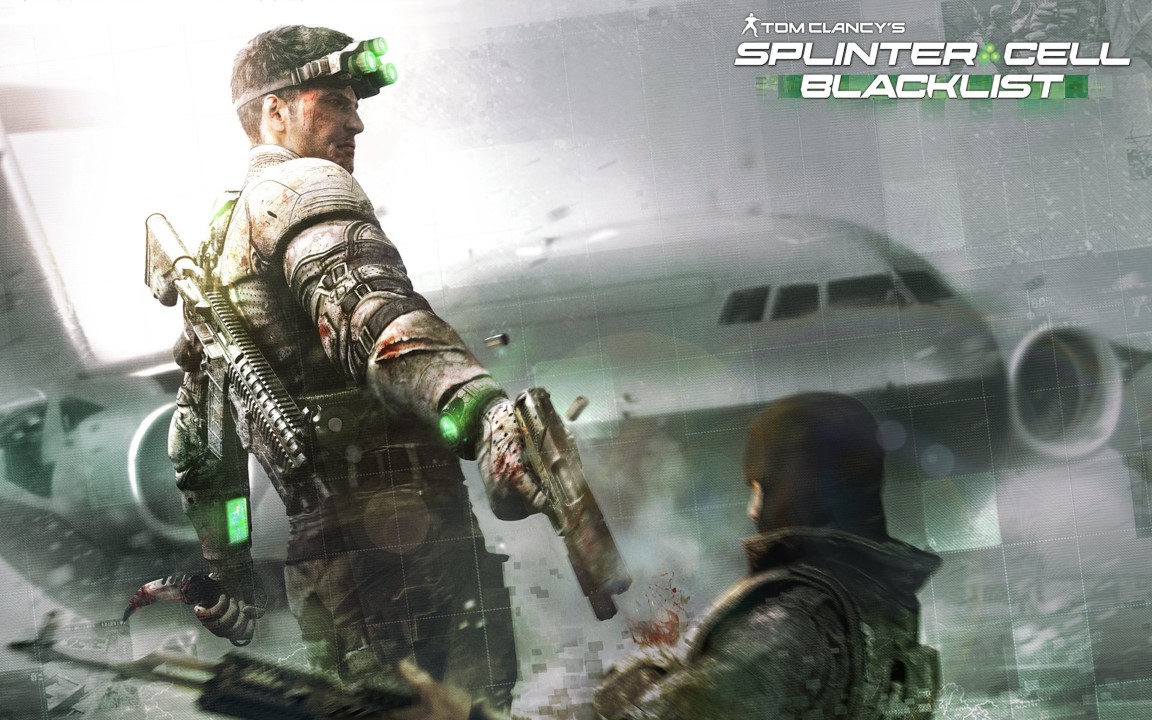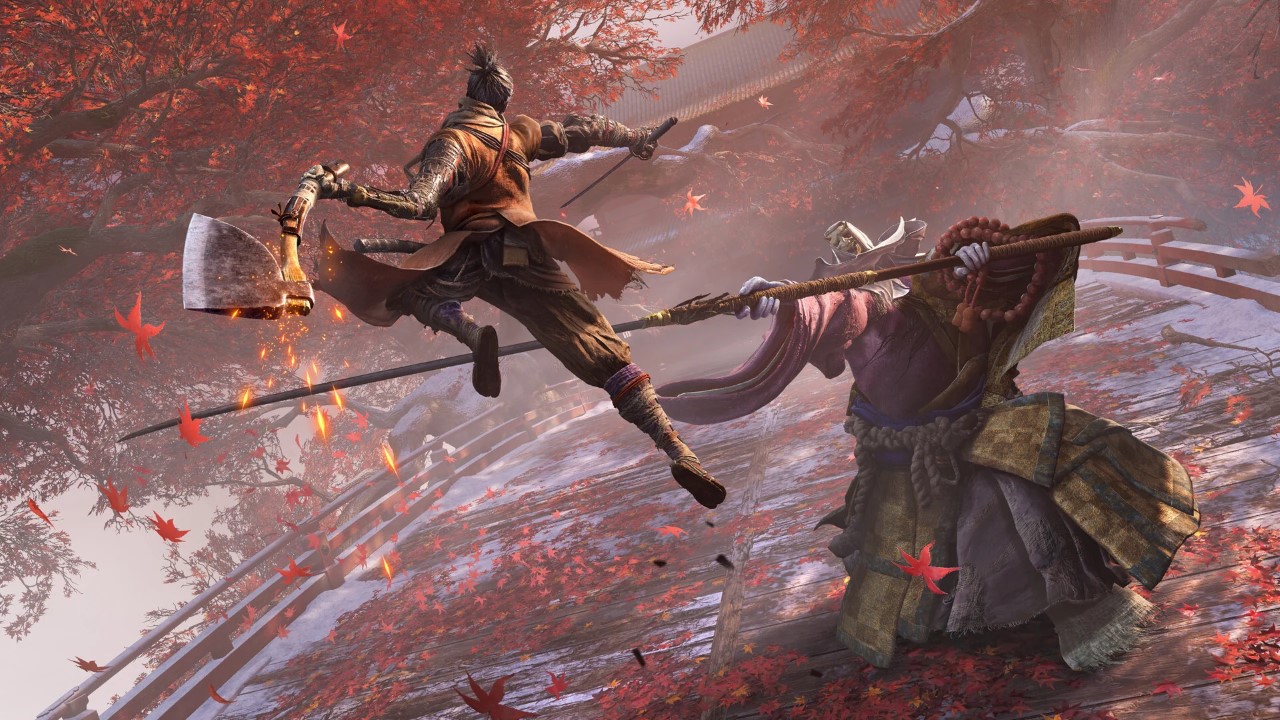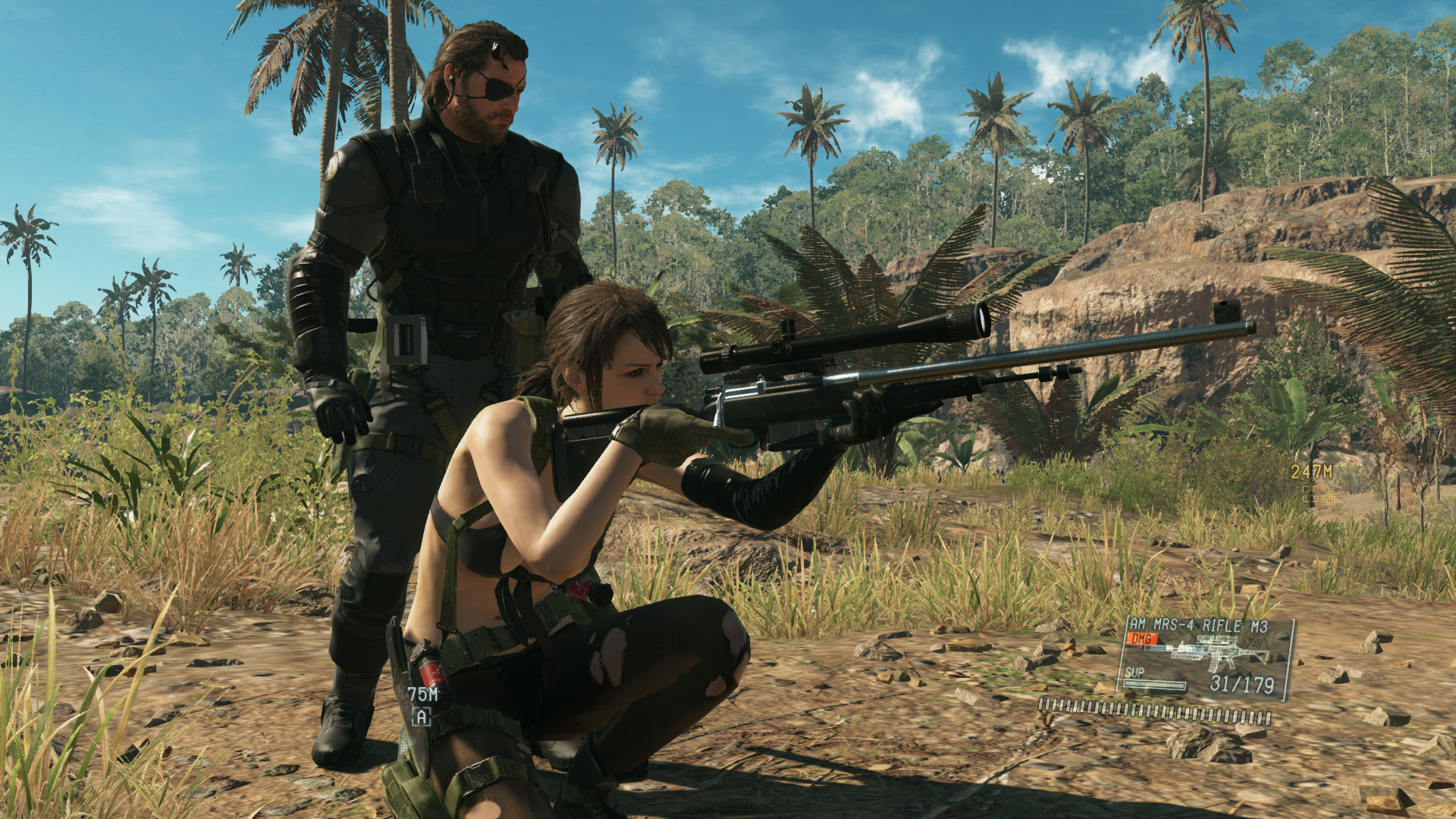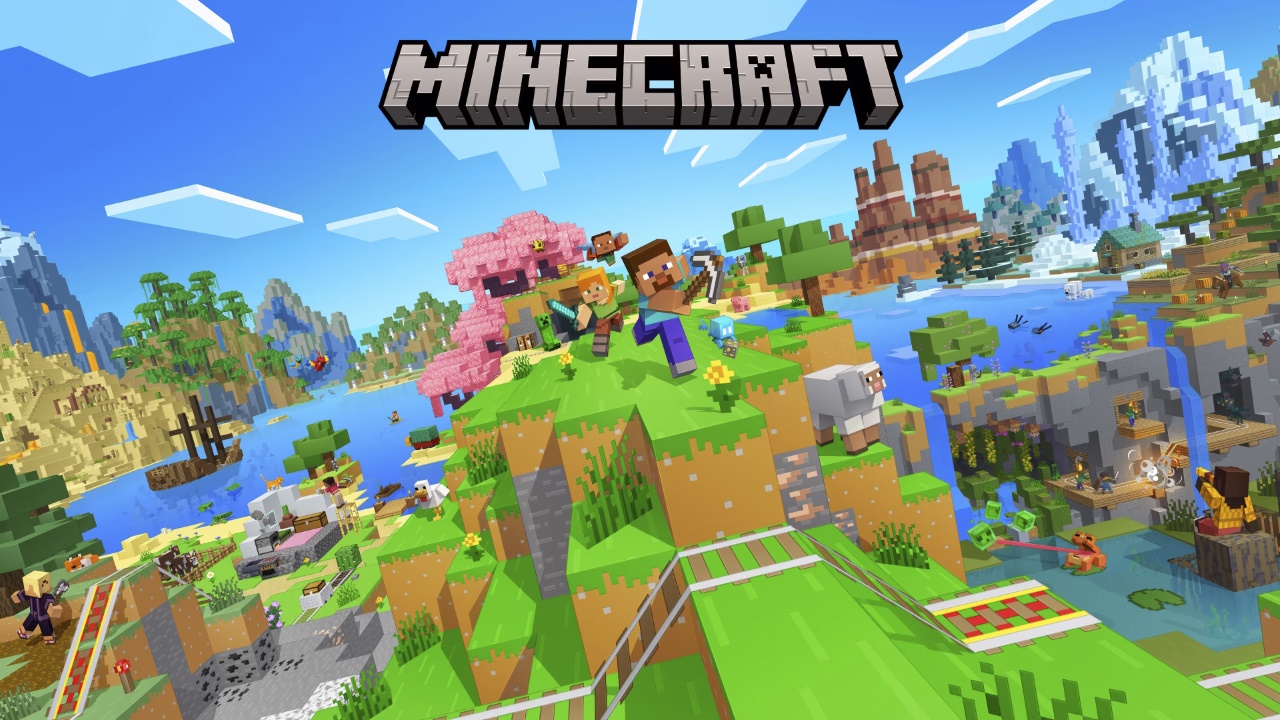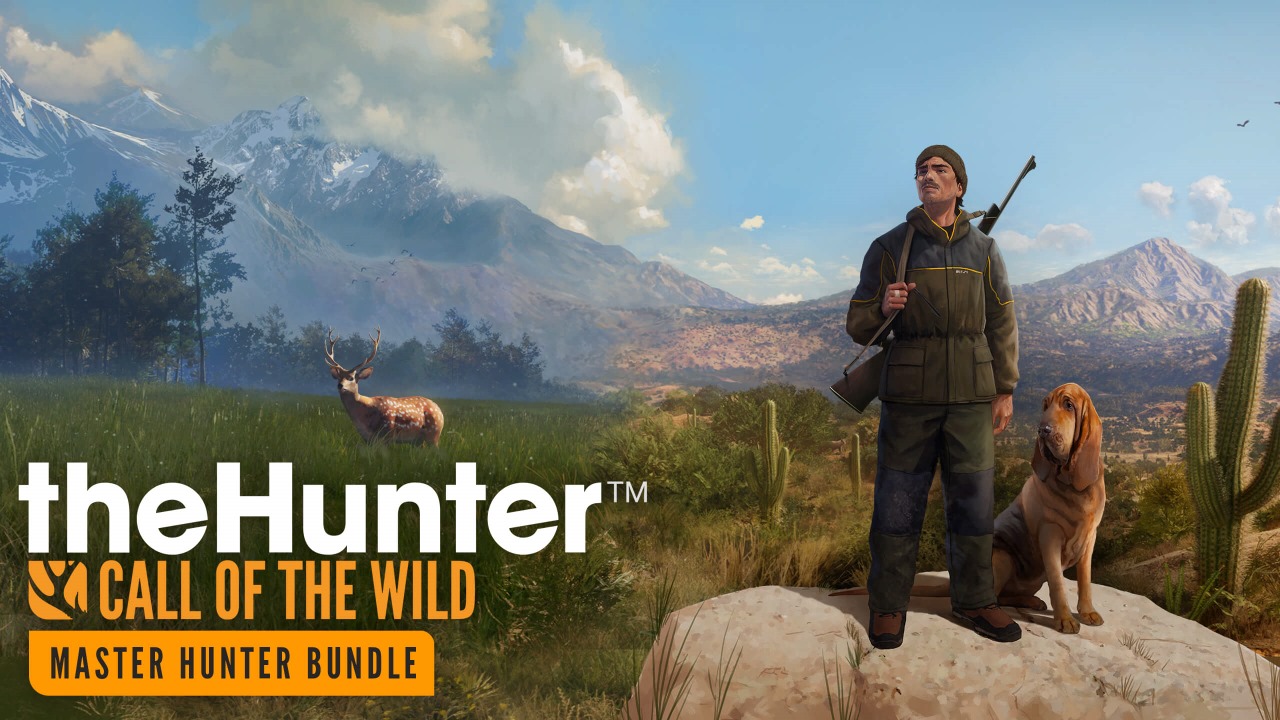Tom Clancy’s Splinter Cell: Blacklist - A Comprehensive Review
"Tom Clancy's Splinter Cell: Blacklist" is a masterclass in stealth-action gaming, blending tense espionage gameplay with cinematic storytelling. Released in 2013 by Ubisoft Toronto, this title marks the sixth entry in the iconic Splinter Cell series. It delivers a thrilling narrative, featuring Sam Fisher’s fight against a global terrorist organization known as “The Engineers.”
Blacklist refines and redefines the stealth genre, incorporating a robust blend of classic stealth mechanics and action-packed combat. With the inclusion of innovative gameplay features such as "Killing in Motion," a rich narrative, and multiple paths to tackle objectives, this game has cemented itself as a modern stealth classic.

